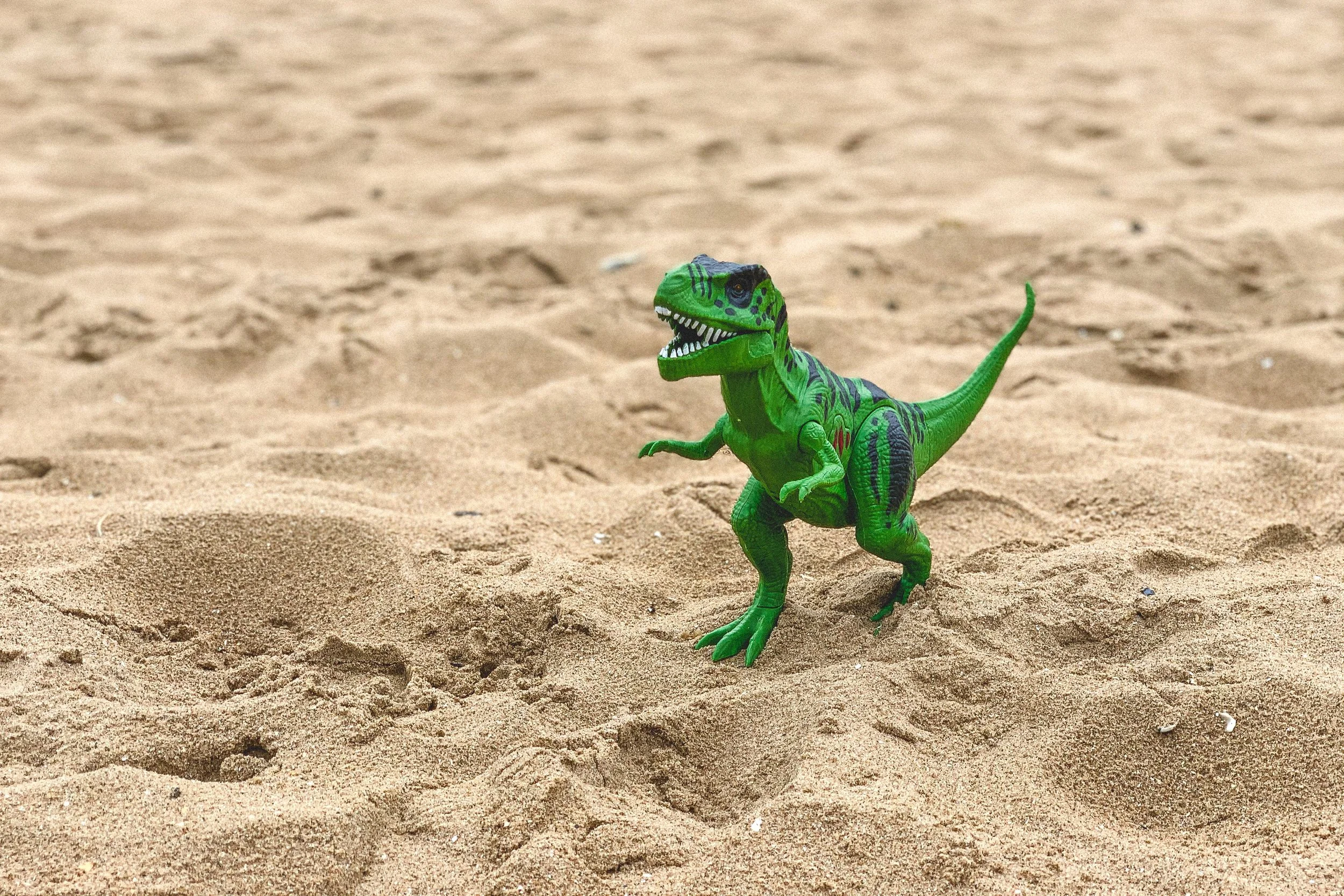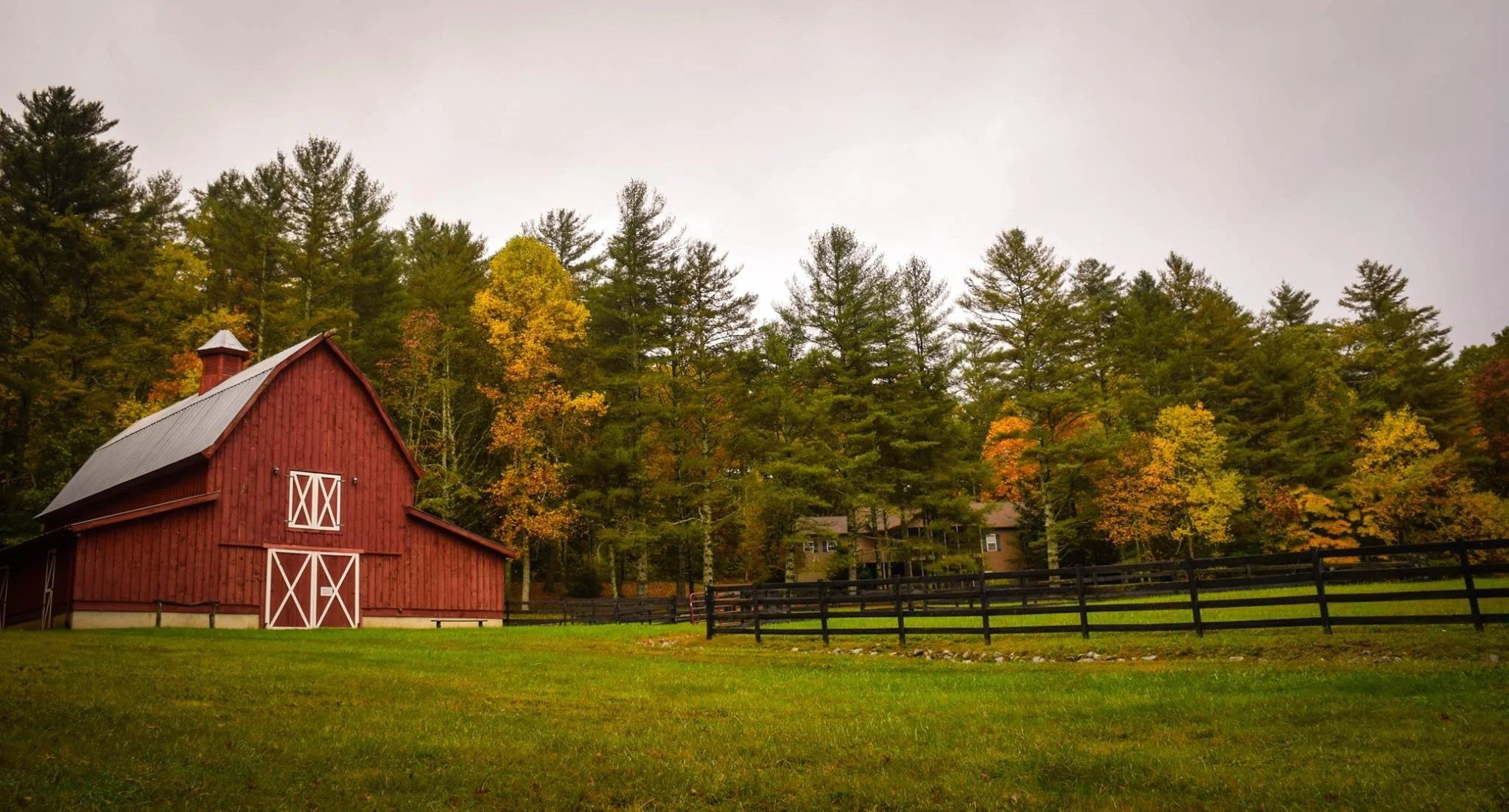Can Humanity Survive Itself?
Reading Time: 3 minutes
The aim of this short article is to encourage the reading of this book and not to replace it. If you decide to purchase it through our affiliate link, we’ll get a few pence in our bank account and you’ll get a big thank you!Get the Book!
How a book, read at the right time, can get under your skin
“I know not with what weapons World War III will be fought, but World War IV will be fought with sticks and stones.”
I have recently read the very interesting novella by Adrian Tchaikovsky; “One Day All This Will Be Yours,” and though imaginative and funny, I would have never thought it could mess with me in the way it did.
Less than 100 pages long, perfect for time-travel aficionados.
The Book Oversimplified
At the end of time, after the Causality War has destroyed every cause-effect link in history, a lone survivor lives on a farm with the sole purpose of preventing anything that disastrous from happening again. There is nothing left before him and nothing after; or, is there?
Photo by Hannah Pemberton on Unsplash
A Comment, more than a Review
If compared to other works by the same author, One Day All This Will Be Yours seems a bit underachieving. Especially if read superficially. It’s a delightful story, ingenious and masterfully crafted, but it lacks the complexity of his full-length novels. Or, at least, that’s what I thought.
Going through the pages, I wasn’t paying much attention until I got to this quote:
“And just like the nukes of an earlier era, by the time the war started, everyone had them, and everyone had signed a lot of important pieces of paper swearing they wouldn’t use them. Because we knew that as soon as anyone actually used a time machine with hostile intent, that would be it. And we knew whoever used them first would theoretically have an insuperable advantage.”
This would have been just a core mechanic of the narrative structure, a clever way to help the reader relate to such a dystopian future, if only I hadn’t picked up this book in the summer of 2022.
With the Russian threat of nuclear Armageddon omnipresent in the news and, thus, in the back of my mind, Adrian Tchaikovsky drops a philosophical bomb in the midst of what would otherwise be a wacky time-comedy.
Can humanity survive, when it’s literally sitting on the potential to destroy itself fifty times over?
Were we doomed the moment we invented nuclear weapons?
Though I’m usually an optimistic person, I know that if there’s chocolate in the house, I might resist it for a couple of days, but in the end, I’m going to eat it.
Are atomic bombs the chocolate to a diabetic humanity?
The war in Ukraine made me feel incredibly naïve. Just because I was born in an unprecedented time of peace, I thought that would be the standard for the future, despite the odds clearly against my assumption.
The scariest part of this thought exercise is that progress cannot be cancelled. Once you’ve got plastic in your supply chain, you can’t just go back to what it was before, it’s not feasible. You need a sustainable substitute. Once you’ve got cigarettes as a commodity, you can show how bad they are for decades, people will still buy them.
And that’s the warning of the book—or at least my interpretation of it. Once we invent something, once we’ve got a new opportunity, can we really just avoid using it? Are we able to do it even when the alternative is total annihilation?
I really hope we are.
Alla prossima.
Get the Book from Amazon/Audible
Photo by Frances Gunn on Unsplash



